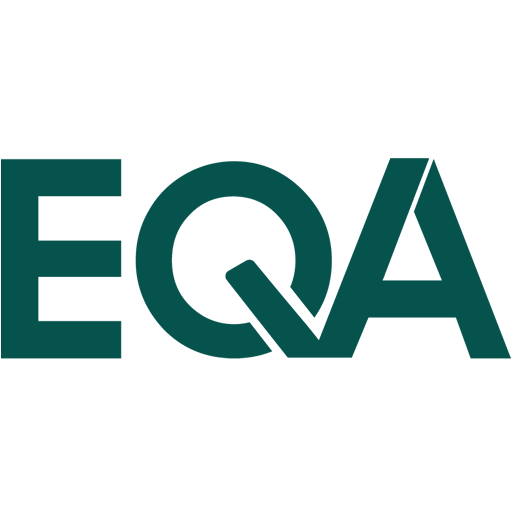
European Taxonomy
Since 2018, the European Commission, through its Sustainable Finance Strategy, has been taking firm steps to make the European Union an equitable and prosperous society, with a modern, resource-efficient and competitive economy, and in which there are no net greenhouse gas emissions by 2050.
To achieve these objectives, and support a sustainable recovery after the COVID pandemic, it is necessary to adapt all sources of financing: public and private, national and multilateral. These targets far exceed the capacity of the public sector, Europe will need approximately 350 billion euros in additional investments per year during this decade to meet its 2030 emissions reduction target in energy systems alone, on top of the 130 billion euros will need for other environmental objectives.
Consequently, private financial flows need to be channelled towards sustainable economic activities, it is therefore essential to complement environmental regulation with a clear, coherent and robust sustainable financing framework. The establishment of such a framework is underway and represents a unique opportunity for businesses and investors.
Building on the first action plan in 2018, and with a renewed sustainable finance strategy that expands on the previous plan and raises the level of ambition, the EU has put in place the three key pillars for the creation of a sustainable financing framework:
1. A classification system for sustainable activities: the Taxonomy.
2. A mandatory disclosure framework for financial and non-financial companies.
3. Investment instruments, standards and labels.
What is the EU Taxonomy?
-
It represents the key pillar in the process of creating the sustainable financing framework, and is a common classification system for economic activities that contribute substantially to the EU’s environmental objectives, using science-based criteria.
-
On June 18th, 2020, the Taxonomy Regulation was adopted, which aims to provide a robust and scientifically sound classification system, enabling financial and non-financial companies to share a common definition of sustainability, providing a safeguard against “Greenwashing”.
- Currently, the EU Taxonomy is designed for those activities that contribute substantially to two of the EU’s six environmental objectives:
1) Climate change mitigation.
2) Adaptation to climate change.
What is the disclosure framework for financial and non-financial firms?
It is a comprehensive and mandatory disclosure regime for financial and non-financial companies, which provides investors with the information necessary to make informed and sustainable investment decisions.
Disclosures include the impact of a company’s activities on the environment and society, as well as the business and financial risks faced by the company as a result of sustainability exposure. This concept is known as “dual materiality”.
This disclosure regime is composed of the following regulations:
- Sustainable Objective.
- SFDR – Sustainable Finance Disclosure Regulation.
- Sustainable Projects.
- Law 11/2018 – Statements of Non-Financial Information and Diversity.
- Assessment of compliance with the DNSH Principle.
Disclosure regulations for financial and non-financial firms
- Sustainable Finance Disclosure Regulation (EU) 2019/2088 (SFDR).
- Taxonomy Regulation 2020/852: the scope of application is for financial market participants, and all companies subject to the Non-Financial Disclosure Directive (at national level the application corresponds to Law 11/2018), this until the current proposal for the Corporate Sustainability Disclosure Directive (CSRD) is adopted. The information to be disclosed is on turnover, CAPEX and OPEX, in the reporting year, for products or activities associated with the EU Taxonomy. It is applicable from January 2022.
- Proposal for a Directive on Corporate Sustainability Disclosures Directive (CSRD): This proposal would amend the existing reporting requirements in the Non-Financial Disclosures Directive, extending its scope to all large EU companies and all companies listed on regulated markets (except micro companies listed on stock exchanges). The information to be disclosed will be based on official disclosure standards. Likewise, the mandatory verification of sustainability information by an independent third party, a legal requirement already incorporated in Spain in Law 11/2018, is introduced at European level in this proposal. It is expected to be implemented from 2023.
Disclosure regime regulations for financial and non-financial companies
Contact us for more information about our European Taxonomy alignment assessment service.
Follow us
Tel. +34 913 078 648


